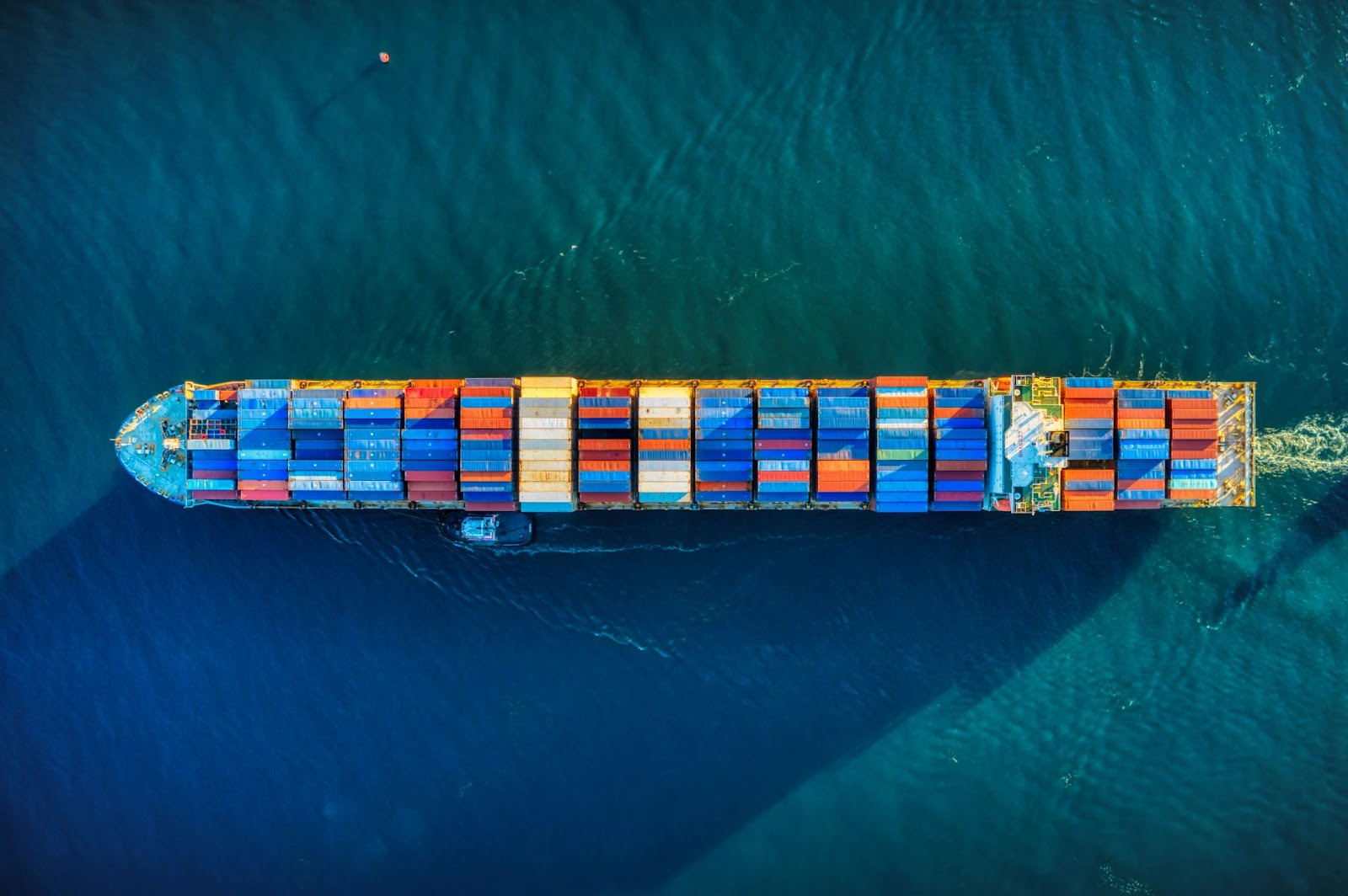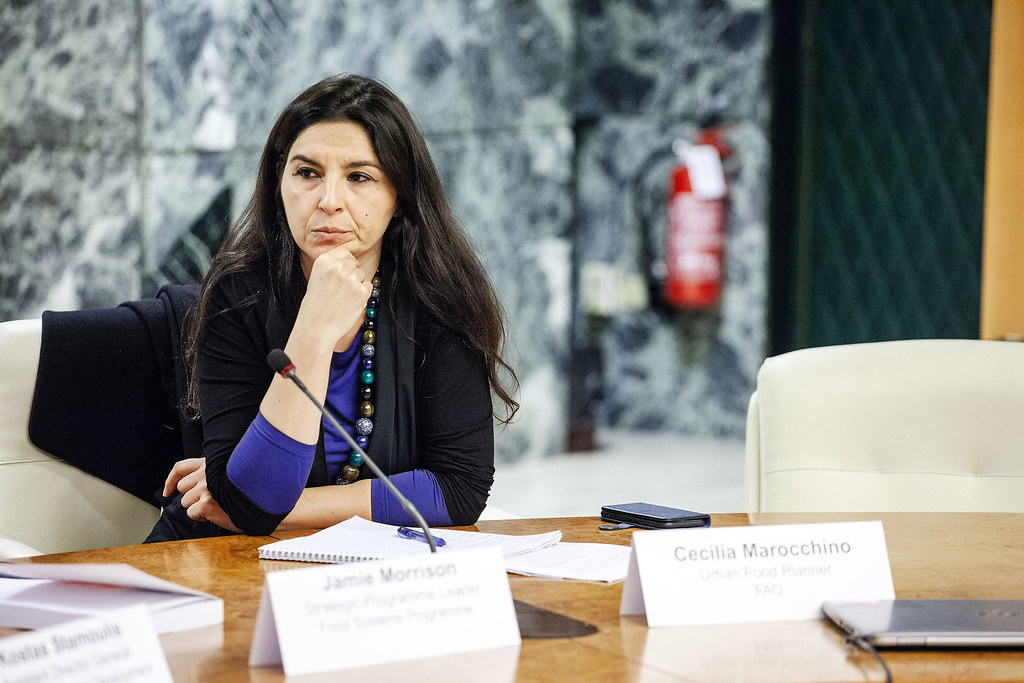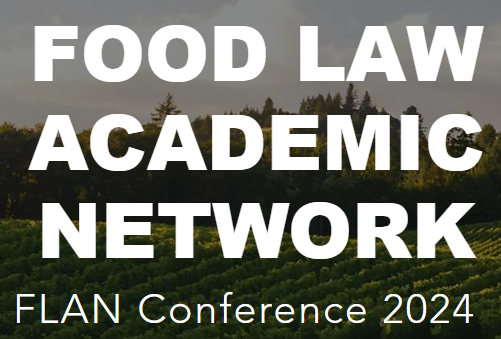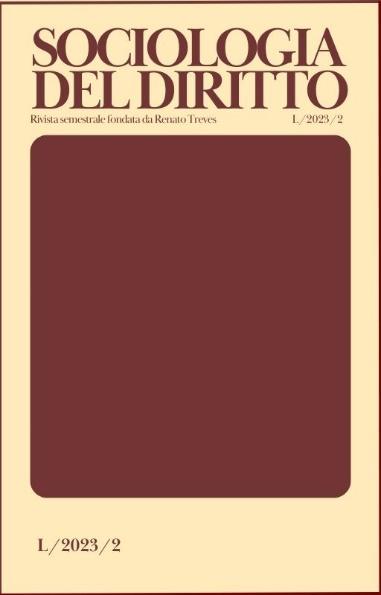Funded under the National Recovery and Resilience Plan (NRRP), Mission 4 Component 2 Investment 1.3, Theme 10.
Newsletter from Spoke 7 “Policy, behaviour and education” - March 2024
Events, publications, and other opportunities from Spoke 7
Events, publications, and other opportunities from Spoke 7. In brief:
- March 4th. Ukraine’s War and the ‘Weaponization of Food’ (Martino Tognocchi, University of Pavia)
- March 15th. Cities, Local Governments and sustainable food systems: Some experiences promoted by FAO (Cecilia Marocchino, Urban Planner FAO)
- March 15th. Deadline for submission of the abstracts to join the second “Food Law Academic Network Conference” (May 15th-17th 2024 at the University of Bari), on the topic: “Legal issues for a Sustainable agrifood chain”
- March 19th. Dialogues between Art, Science, and Politics (Andrea Magarini, director of the Food Policy Area of the City of Milan, and researcher Maria Vittoria Conti, University of Pavia).
- Publication of the month. Food Quality, Territory And Symbols: What Do Geographical Indications Certify? (Emma Sofia Lunghi, University of Milano-Bicocca)
Ukraine’s War and the ‘Weaponization of Food’
Martino Tognocchi, University of Pavia
On Monday, March 4th, 2024, at 5 p.m.

The events unfolding in the war between Russia and Ukraine are indisputably bringing back to the fore of international politics the significant connection between the politics of food and war.
While the literature in the social sciences looks mainly at this connection from a causal perspective, trying to prove how scarcity of food fosters conflict and the other way around, this research tries to shift the perspective to the dimension of food as an element shaping the form of war. Indeed, the research, by drawing on evidence from the recent events of war, focuses on how the food crisis contributes to construct war as a systemic phenomenon.
Cities, Local Governments and sustainable food systems: Some experiences promoted by FAO
Cecilia Marocchino, Urban Planner FAO in partnership with the Master’s Course Food&Foodways UNIMIB
On Friday, March 15th, from 9:30 a.m.
In-person at UNIMIB (Room TBD) and Online

Dialogues between Art, Science, and Politics
Dialogue between the director of the Food Policy Area of the City of Milan Andrea Magarini, MD, and researcher Maria Vittoria Conti (Department of Public Health, Experimental and Forensic Medicine, University of Pavia).
On Tuesday, March 19th, from 5 p.m.
San Tommaso Auditorium, Piazza del Lino, 1 - 27100, Pavia

The format adopted in the seminar series curated by Stefano Conca Bonizzoni and Elisabetta Modena is that of a dialogue between the realms of research, art, and public communication: researchers, representatives of institutions, and experts in behaviour, policies, and education on sustainable food and food waste engage with artists, filmmakers, and creatives who have centred their expressive work on these themes.
These events aim to promote citizen science initiatives, engaging citizens actively in spreading knowledge on food sustainability and waste reduction. A screening of "SeaSpiracy" precedes a meeting with Andrea Magarini, Milan Food Policy Area coordinator, shedding light on fish sustainability issues. Director Ali Tabrizi exposes corruption in the fish market, prompting a re-evaluation of consumer habits. Magarini's expertise in urban food policies and international relations is juxtaposed with Maria Vittoria Conti's food science research at the University of Pavia. The discussions analyse the integration of food policies into individuals' lives and their impact on food choices and health.
Admission is free with prior reservation at e-mail: auditorium@unipv.it
FLAN Conference 2024
The Food Law Academic Network (FLAN) has been established to foster the debate on Food law issues. The second “Food Law Academic Network Conference” will be held in Italy, on 15-17 May 2024 at the University of Bari, on the topic: “Legal issues for a Sustainable agrifood chain”

This call for abstracts invites researchers and practitioners to submit work (scientific papers on legal issues, presentation of case studies and best practices) related, but not restricted, to:
- Environmental issues and climate change: impacts on the agri-food sector
- Controversies in the circular economy: the role of farmers, business and consumers
- Workers and human rights concerns in the food supply chain: processing, trade and consumers perception
SUBMISSION INFORMATION: Researchers and practitioners interested in participating are invited to submit their abstracts (300-400 words) by email with the title "SUSTAINABLE AGRIFOOD CHAIN" to: agrifood.law@uniba.it and irene.canfora@uniba.it
Submissions should include the researcher’s full name, affiliation, and contact details. Early career researchers (< 7 years post-PhD defense) and PhD students are strongly encouraged to apply. A number of presentation slots are reserved for these groups of researchers in each session. The deadline for submission of the abstracts is 15th March 2024. Notification of acceptance will be sent by 30th March.
Publication of the month
Food Quality, Territory And Symbols: What Do Geographical Indications Certify?
By Emma Sofia Lunghi, University of Milano-Bicocca
in “Sociologia del Diritto”, Vol. 50, n° 2/2023, a Semiannual magazine founded by Renato Treves
“European legislation on food quality provides for two levels of standards: health safety, and organic and geographical quality. The regulation on quality schemes does not define common quality criteria but protects a presupposed uniqueness of foods justified by territory, tradition, and organoleptic properties. Through the analysis of seven product specifications, this article aims to discuss whether the territory of origin and the organoleptic properties of foods are sufficient criteria to define food quality and whether the link to the territory is a sufficient criterion to consider geographical indications as environmentally sustainable production. Socio-legal research needs to examine, on the one hand, the categories of certified foods and the production systems in which they are found; on the other hand, whether the certification symbols enable consumers to recognize products of superior quality.”



